Why EPR is useful?
EPR is the extended producer responsibility for plastic waste in India and is a policy mechanism that is aimed at producer’s responsible for the entire lifecycle of plastic products.
The EPR registration process for plastic waste ensures the manufacturers, importers and brand owners to take back their plastic packaging waste either directly or through a third-party ensuring it is properly recycled and disposed of.
The policy mandates these entities meets certain targets for plastic waste management including collection, processing and recycling based on quantity of plastics they introduce in the market.
Why is EPR useful
The extended producer responsibility is useful and is a well-planned policy for managing waste and curb pollution. It is made for materials like plastics, electronics, and harmful substances.
Here are some of the significant reasons why ERP is considered beneficial-
1. Minimize the environmental impact: The authorization shifts the responsibility for the waste management from municipalities and consumers to producers encouraging them to design products that are easy for reuse or dispose in an eco-friendly manner. This minimizes the ecological impact, reducing pollution and depletion of resources.
2. Promote sustainable product design: With EPR registration the producers are responsible for the end-of-the-life management of their products. EPR incentivizes them to design products that are long-lasting, easy to recycle, and made from recyclable or renewable materials. This can lead to can lead to innovation and product design and materials reducing waste and environmental harm.
3. Encourage recycling and circular economy: EPR schemes include targets for collection, recovery of materials and recycling. This enhances recycling rates and also supports the development of circular economy where material is kept in use for long time and waste is minimized.
4. Minimize financial burden: EPR relieves financial burden on tax payers and local governments as it makes producers responsible for cost of waste management. This results in optimum use of public resources and potentially low tax or fees for waste services.
5. Increased public awareness: EPR programs increase public awareness of environmental issues related to waste. They highlight the role of producers in waste management and encourage end users to make sustainable choice.
6. Creates economic opportunities: EPR paves way to collect, sort and recycle materials. This can create job prospects and economic activity in the waste management and recycling area. It can also promote innovation in recycling techniques and material recovery.
7. Meet regulatory targets: EPR is a tool that helps meet the regulatory targets of the government and the pollution control boards by ensuring the producers play a key role in achieving them.
8. Conserve resource: By increasing recycling, EPR help conserve precious natural resources and minimize the ecological impact associated with landfills use like ground water pollution.
EPR registration process for plastic waste is a tedious task, so it is advisable to collaborate with an expert service provider who will help you navigate through the process easily.

































EPR registration for plastic waste management or the Extended Producers Responsibility aims to ensure that the producers are ...
Biomedical waste, also known as medical waste is a kind of waste containing infectious or potentially infectious materials fr...
What is Hazardous Waste? Hazardous Waste is the waste materials that are dangerous or potentially harmful to human health ...
EPR is the extended producer responsibility for plastic waste in India and is a policy mechanism that is aimed at producer&rs...
A grease separator also referred to as a grease interceptor or grease trap, is a carefully designed plumbing apparatus. Its p...
Definition and Purpose of ETP (Effluent treatment plant) ETP means Effluent Treatment Plant. It is a meticulously designed...

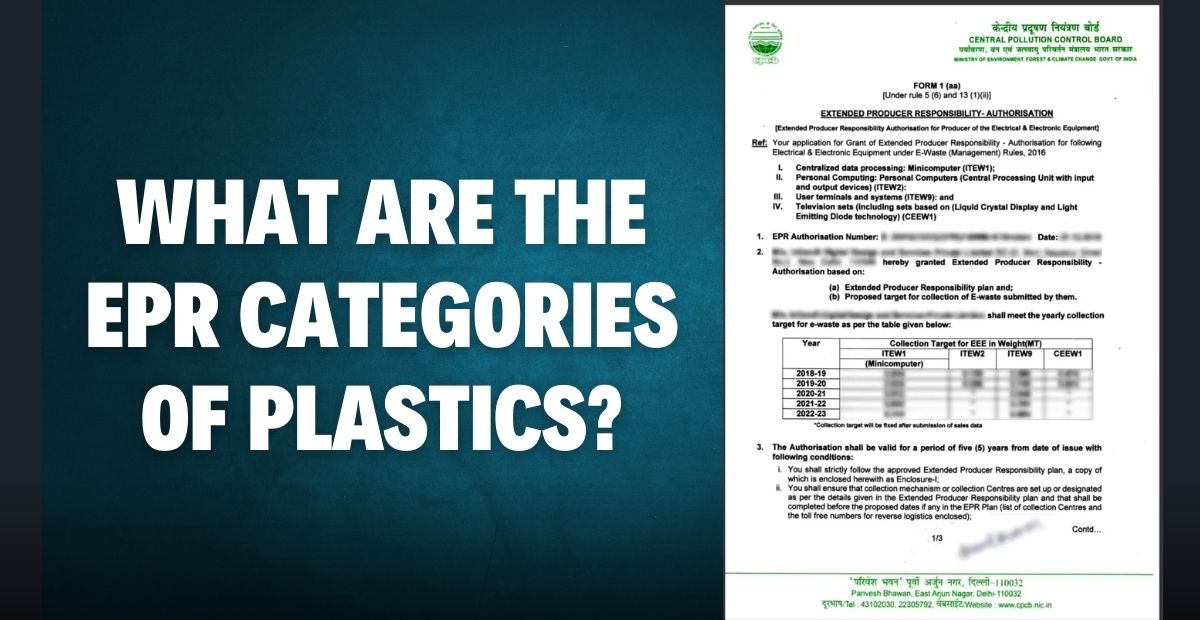

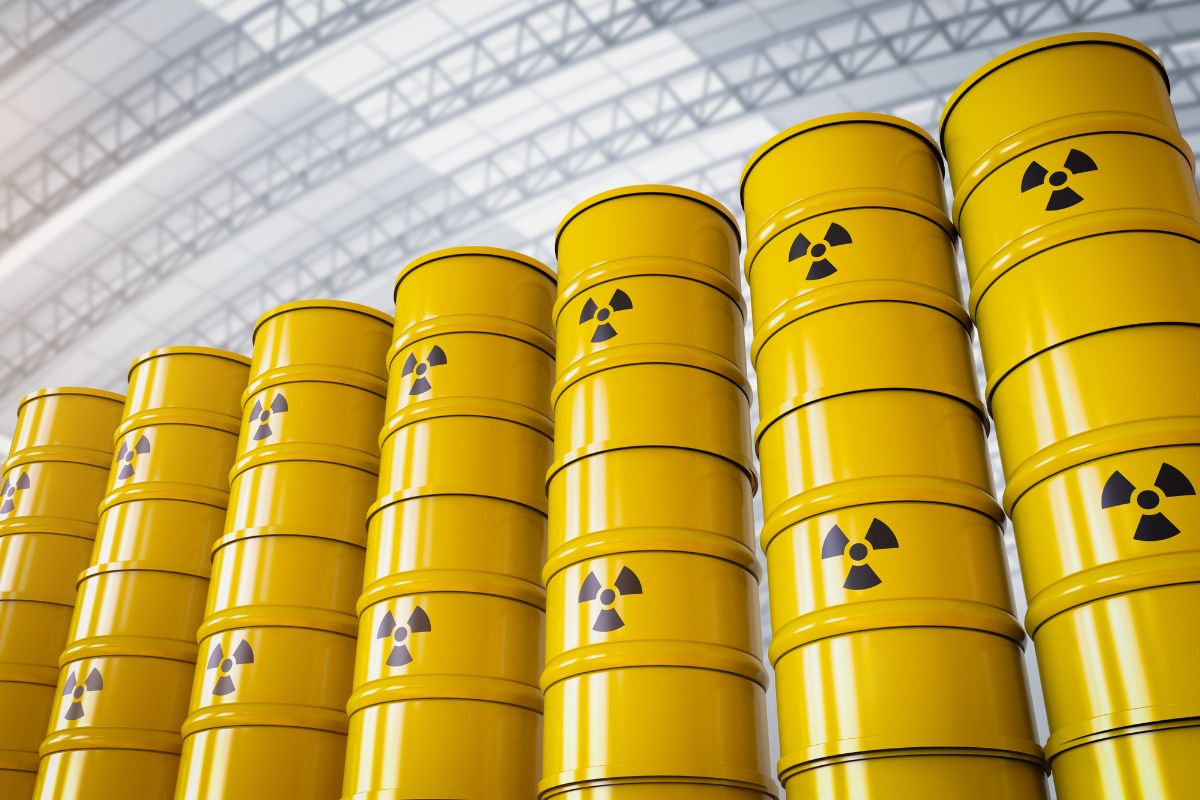
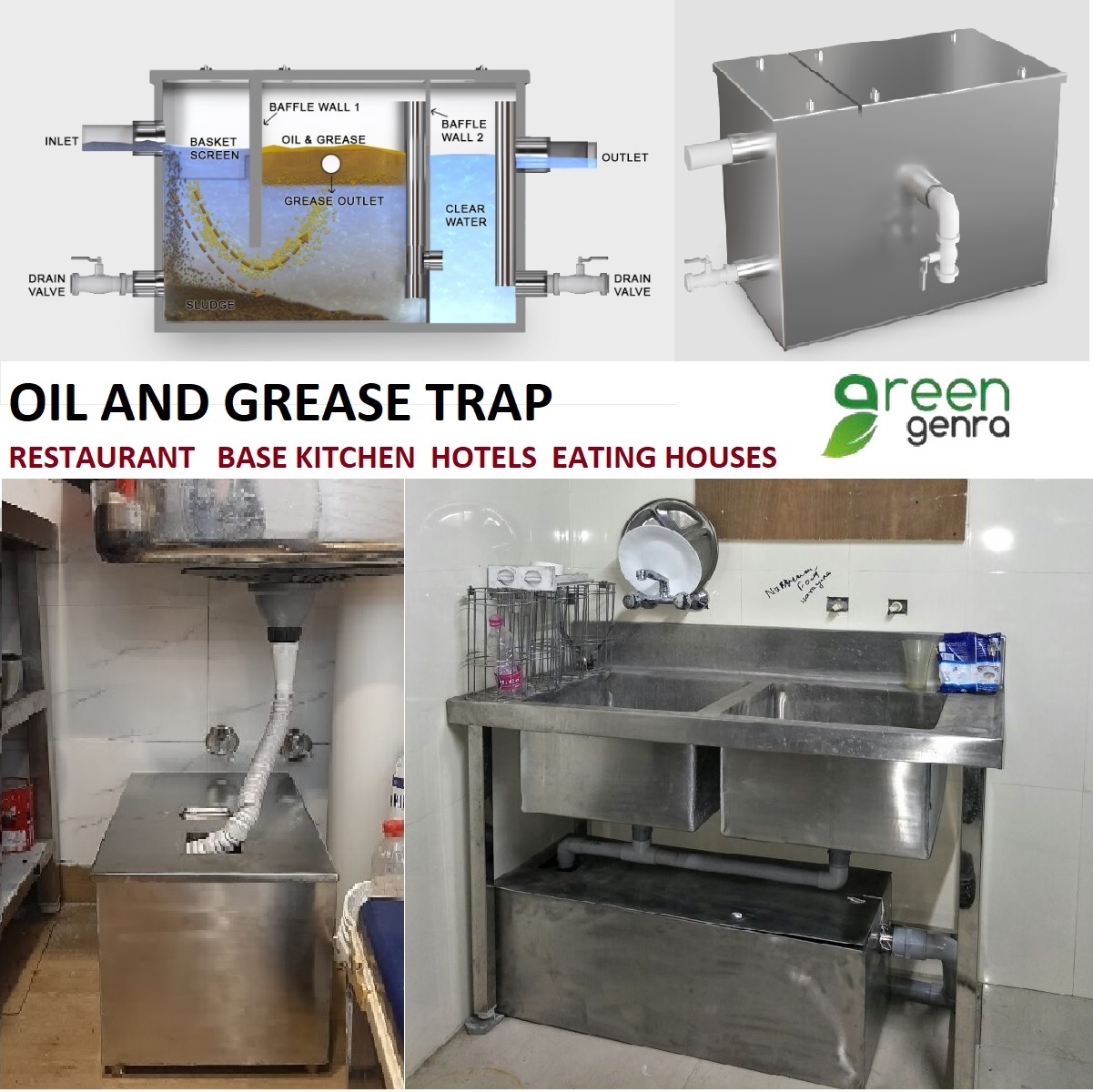
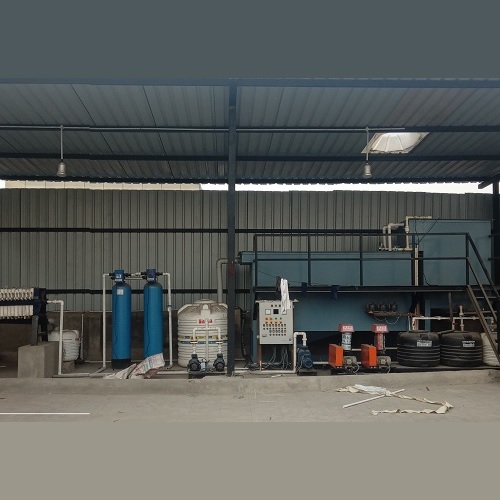
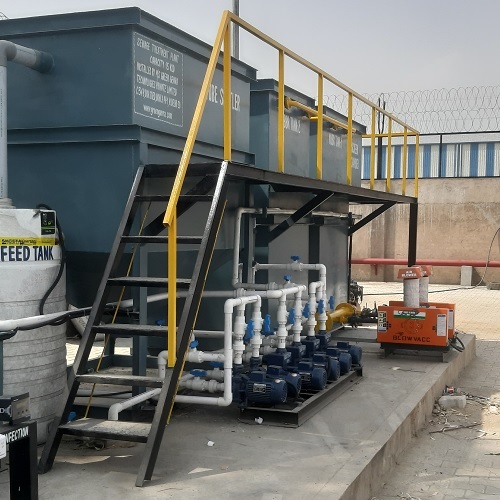
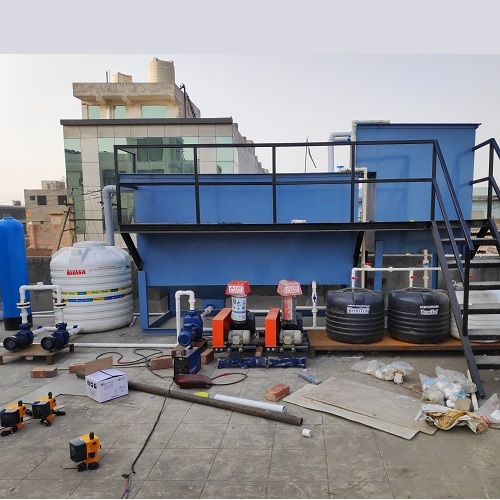
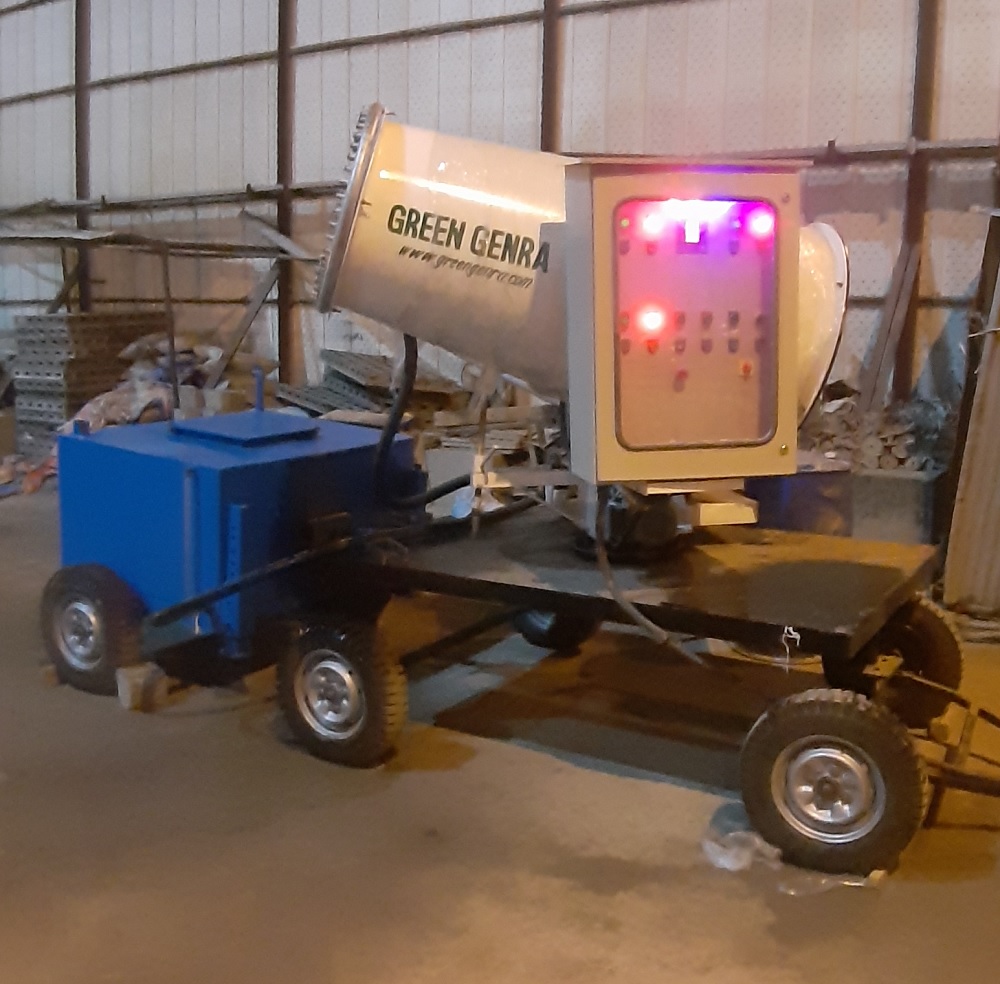
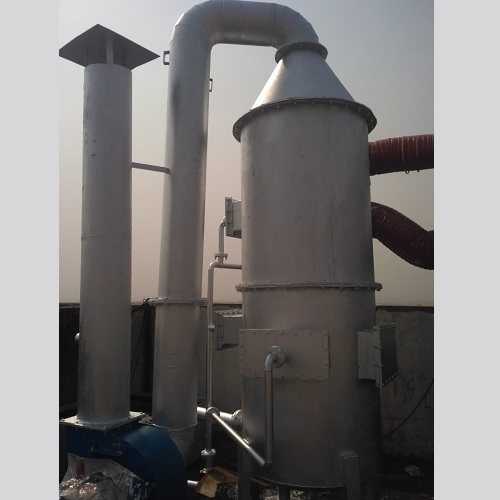
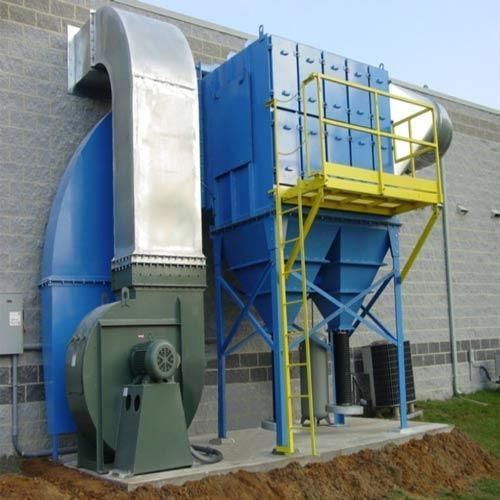
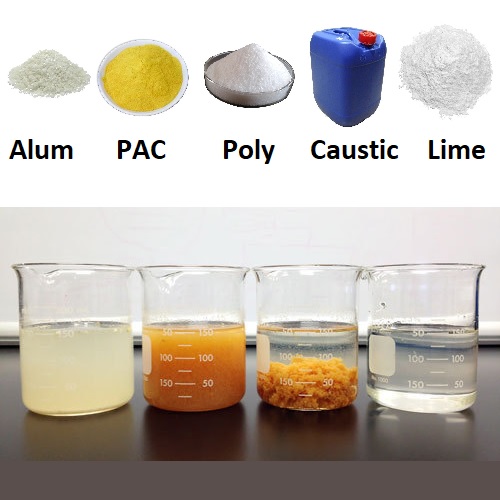
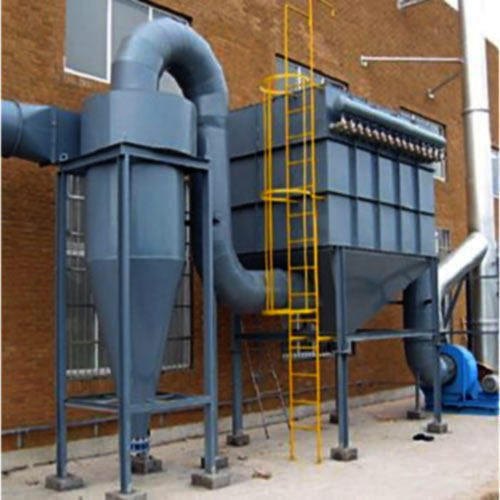
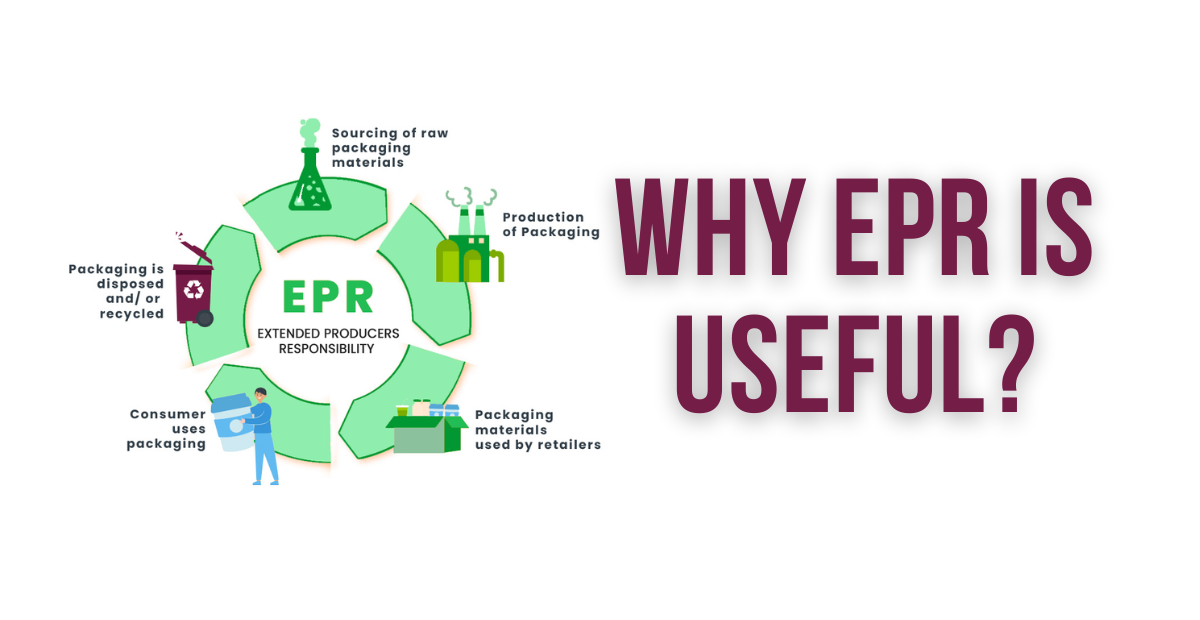
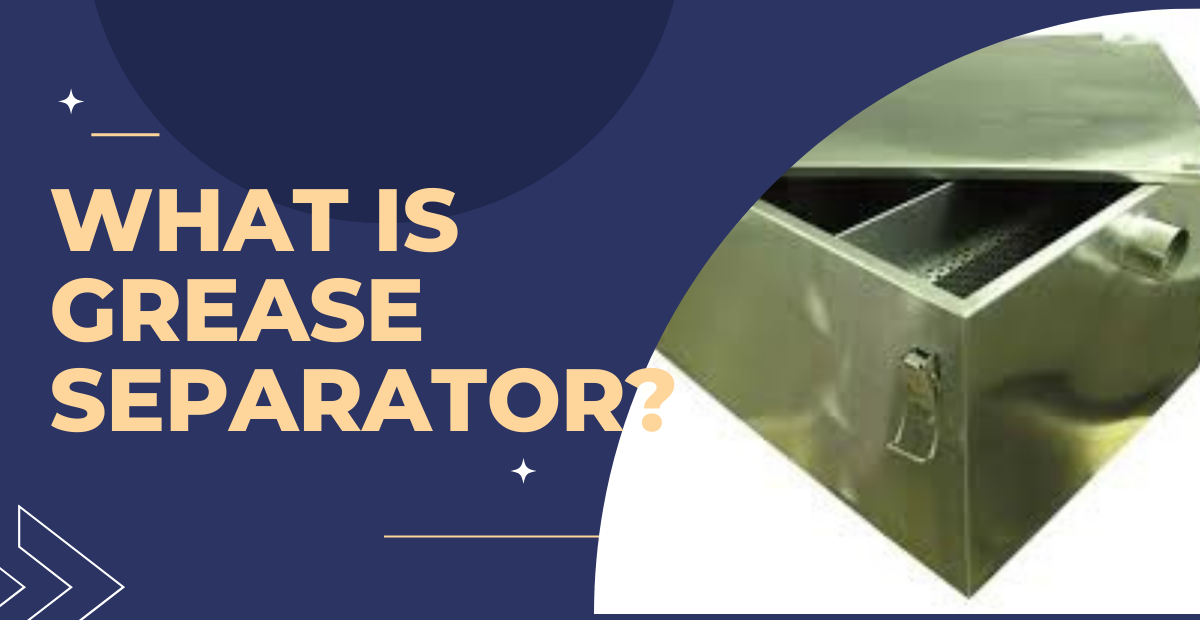
.jpg)